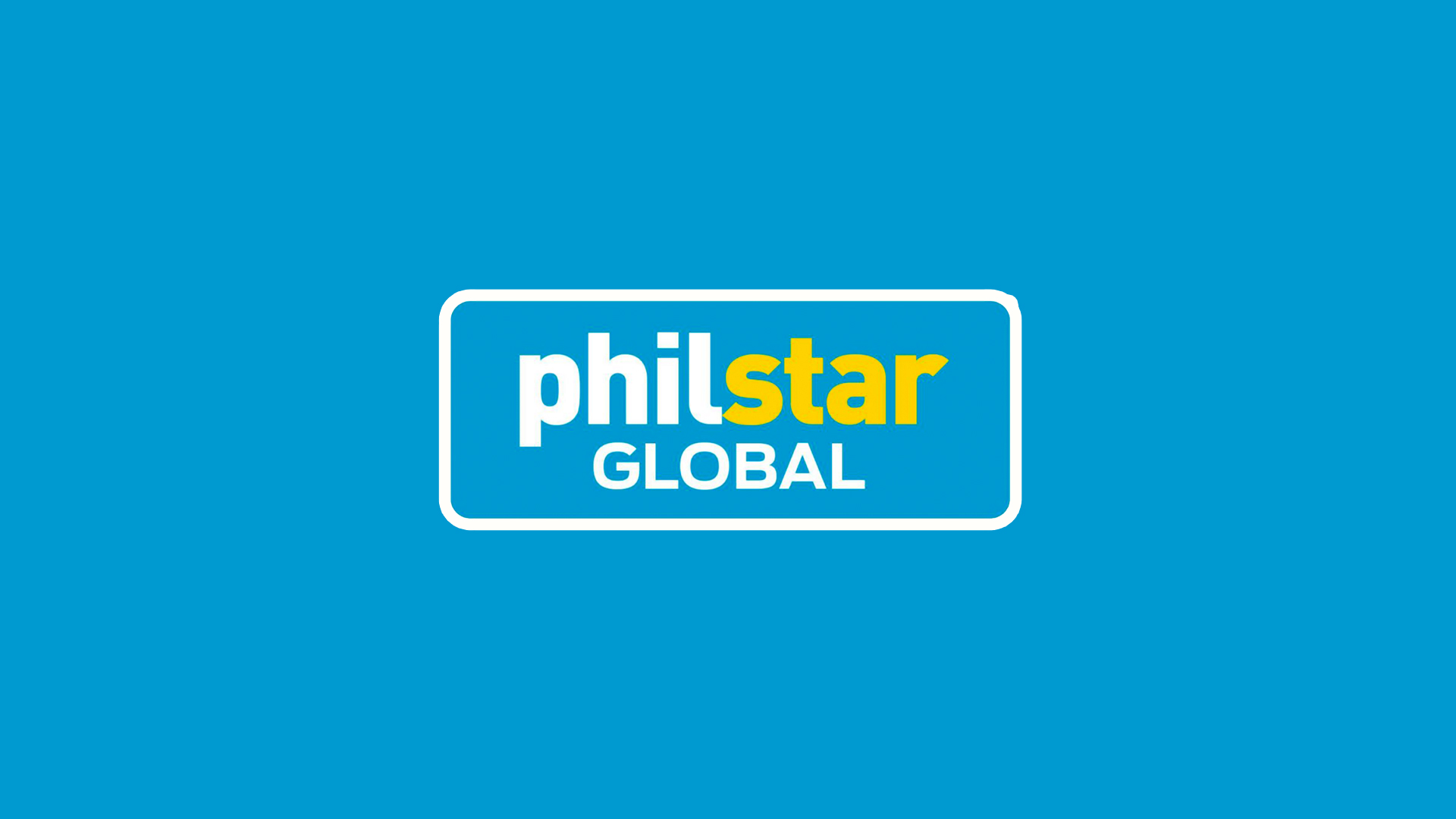
In today’s dynamic and unpredictable business environment, organizational resiliency has become a key differentiator for success. Resilient organizations possess the ability to adapt, withstand disruptions, and emerge stronger from adversity. A crucial element in building and maintaining this resilience is an organization’s reputation.
Organizational resiliency is the capacity of an organization to anticipate, adapt to, and recover from disruptions while continuing to achieve its strategic objectives. Resilient organizations possess a set of characteristics that enable them to not only survive but thrive in the face of challenges. These characteristics include robust risk management, agility, adaptability, and the ability to learn and improve from past setbacks.
Reputation, often referred to as a company’s intangible asset, plays a pivotal role in enhancing organizational resiliency. Reputation is not merely a reflection of an organization’s past performance; it is a beacon that guides stakeholders’ expectations and perceptions. A strong reputation is built upon trust, credibility, ethical conduct, and reliability. Here’s how reputation promotes organizational resiliency:
Trust and confidence: A positive reputation engenders trust and confidence among stakeholders, including customers, investors, employees, and partners. This trust serves as a buffer during times of crisis, as stakeholders are more likely to support and stand by an organization with a strong reputation.
Crisis response: Organizations with a solid reputation are better equipped to manage crises effectively. A positive reputation provides a cushion of goodwill that can be vital in mitigating damage, maintaining public support, and facilitating a smoother recovery process.
Attracting talent: Resilient organizations require a talented and dedicated workforce. A positive reputation helps attract and retain top talent, as individuals are drawn to organizations with a track record of ethical conduct and a commitment to their employees’ well-being and development.
Investor confidence: Investors are more likely to have confidence in organizations with strong reputations. This confidence translates into investment stability, even in turbulent times, allowing resilient organizations to access capital and resources when needed.
Partnerships and collaborations: Resilient organizations often require partnerships and collaborations to navigate challenges. A strong reputation enhances an organization’s ability to form strategic alliances, as potential partners are more inclined to align with those they perceive as trustworthy and dependable.
Numerous studies have highlighted the correlation between effective reputation management and organizational resilience. The Edelman Trust Barometer, a global survey of trust and credibility, consistently demonstrates that organizations with strong reputations are more resilient during crises. Stakeholders trust such organizations to do the right thing, which translates into greater support during challenging times. Research published in the Harvard Business Review underscores the role of reputation as an asset that can help organizations bounce back from adversity. The study emphasizes that organizations with resilient reputations recover faster from crises and maintain their competitive edge. The Global Reputation Risk Report by Reputation Institute highlights that organizations with strong reputations are better positioned to handle reputational risks. These companies have higher resilience scores, indicating their ability to absorb negative shocks.
Organizational resiliency is, indeed, a critical asset in today’s turbulent business landscape, and reputation stands at its core. Reputation is not merely a veneer but a powerful force that can help organizations anticipate, adapt to, and recover from disruptions. Effective reputation management fosters trust, inspires confidence, and facilitates stakeholder support during crises, ultimately strengthening an organization’s resilience. In an era where change is the only constant, reputation remains the bedrock upon which enduring organizational success is built, guiding companies through challenges and toward a more resilient future.
Resilient organizations understand that customer trust is paramount. A strong reputation ensures that customers remain loyal even during challenging times. For instance, Cebu Pacific, a major player in the country’s aviation industry, leveraged its strong reputation to weather turbulent periods as it continues to earn the trust and patronage of passengers. A recent nationwide poll showed that the airline remains the top airline choice among respondents. Despite the recent media focus on Cebu Pacific’s delays and cancellations, 84 percent of the respondents said they would still choose to fly with the budget carrier.
Resilient organizations attract and retain investors, even in uncertain economic climates and crisis. Ayala Corp., which has experienced some major crisis in the past involving some of its property projects, has consistently demonstrated resilience by maintaining a strong reputation for responsible business practices, which in turn bolsters investor and consumer confidence.
Organizations with a solid reputation also find it easier to recruit and retain top talent. SM Investments Corp., one of the largest conglomerates in the Philippines, has earned a reputation for valuing and developing its employees, contributing to its resilience in attracting skilled professionals.
Reputation as a resilience indicator
In an era defined by constant change and uncertainty, organizational resilience is a key determinant of long-term success. While many factors contribute to resilience, an organization’s reputation stands as a visible and measurable indicator of its ability to withstand adversity and adapt to new challenges.
Indeed, a strong reputation is a valuable asset. It engenders trust, attracts support from stakeholders, and enables organizations to navigate turbulent waters with agility. As businesses continue to evolve and face new challenges, the importance of nurturing and safeguarding reputation as a measure of resilience cannot be overstated. It is, in essence, the resiliency radar that guides organizations through the stormy seas of uncertainty, ultimately leading them towards a brighter and more resilient future.
